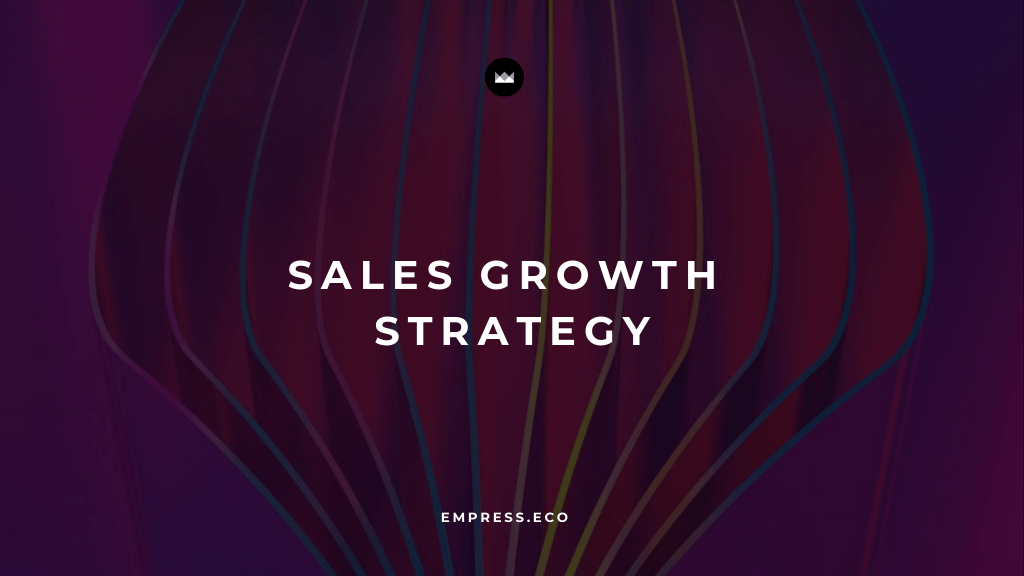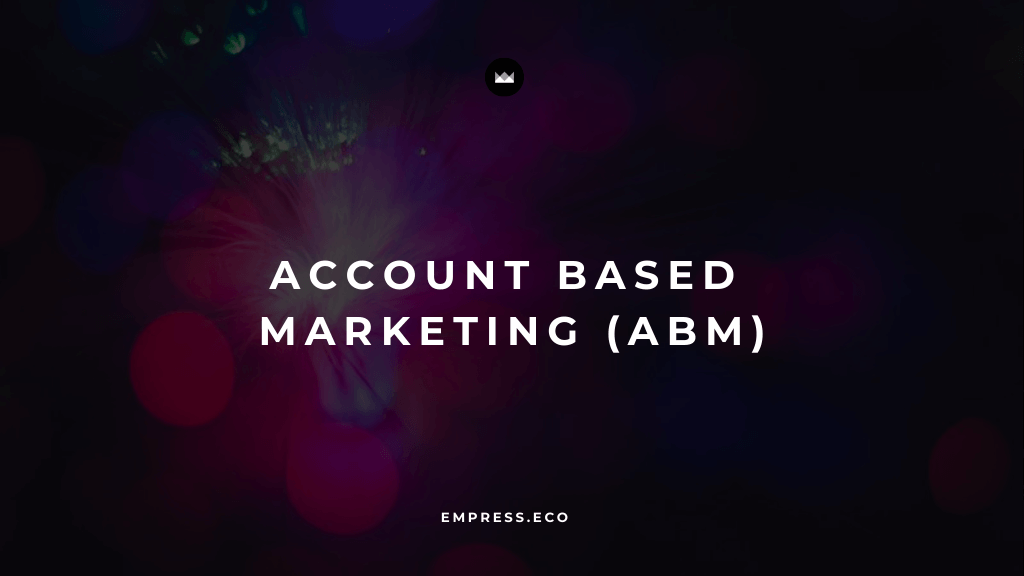The Role of AI in Modern Lead Generation
Leveraging Artificial Intelligence for Smarter Campaigns
Artificial Intelligence (AI) is revolutionizing the way businesses approach lead generation. By harnessing the power of AI, companies can streamline their processes, enhance targeting accuracy, and ultimately drive higher conversion rates. This blog explores the transformative role of AI in modern lead generation and provides insights into how businesses can leverage this technology for smarter campaigns.
Understanding AI in Lead Generation
AI in lead generation involves using advanced algorithms and machine learning to analyze vast datasets, predict customer behaviors, and automate communication. This technology enables businesses to identify and engage potential customers more efficiently and effectively than traditional methods.
Benefits of AI in Lead Generation
AI offers several key benefits that make it indispensable for modern lead generation:
- Increased Efficiency: AI automates repetitive tasks such as data entry and initial customer engagement, freeing up sales teams to focus on nurturing relationships and closing deals .
- Enhanced Targeting: AI algorithms analyze customer data to identify high-potential leads, ensuring marketing efforts are directed towards the most promising prospects .
- Personalization: AI enables the creation of personalized marketing messages and campaigns that resonate with individual leads, improving engagement and conversion rates .
- Predictive Analytics: AI can forecast future customer behaviors and trends, allowing businesses to proactively adjust their strategies .
Key AI Tools and Technologies in Lead Generation
To effectively implement AI in lead generation, businesses should consider the following tools and technologies:
AI-Powered Chatbots
AI chatbots are increasingly used to engage website visitors in real-time, qualify leads, and provide instant responses to queries. These virtual assistants can handle multiple tasks, from initial customer interactions to directing leads to the appropriate sales representatives .
Benefits of AI-Powered Chatbots:
- 24/7 Engagement: Provide instant responses and engage leads outside regular business hours.
- Efficiency: Automate repetitive tasks, freeing up human resources.
- Personalization: Tailor interactions based on user behavior and preferences.
**Example:**A retail company using AI-powered chatbots to handle initial customer inquiries and qualify leads saw a 40% increase in qualified leads due to the chatbots’ ability to engage customers at any time .
Predictive Lead Scoring
Predictive lead scoring uses AI to analyze historical data and interactions to score leads based on their likelihood to convert. This helps sales teams prioritize their efforts on leads with the highest potential, improving the efficiency of the sales pipeline .
Steps for Implementing Predictive Lead Scoring:
- Data Collection: Gather historical data on past leads and customer interactions.
- Model Building: Use machine learning algorithms to analyze the data and build predictive models.
- Scoring Leads: Assign scores to new leads based on their predicted likelihood to convert.
- Prioritization: Focus sales efforts on high-scoring leads.
**Example:**A technology startup using predictive lead scoring increased its lead conversion rates by 25% by focusing its sales efforts on leads with the highest potential value .
Automated Email Campaigns
AI can automate the process of sending personalized cold emails at scale. By analyzing data on lead behavior and preferences, AI tools can craft individualized emails that increase response rates and conversions .
Benefits of Automated Email Campaigns:
- Scalability: Send personalized emails to a large number of leads without manual effort.
- Personalization: Tailor email content to the interests and behaviors of each recipient.
- Efficiency: Automate follow-ups and nurturing sequences to keep leads engaged.
**Example:**A marketing agency using AI to automate personalized email campaigns saw a 30% increase in email open rates and a 20% increase in conversions .
Content Personalization
AI tools analyze customer data to tailor website content and marketing messages to individual preferences. This level of personalization enhances user experience and increases the likelihood of conversion .
How to Implement Content Personalization:
- Behavior Tracking: Use AI to track user behavior on your website and emails.
- Content Variation: Create different versions of content to cater to various user preferences.
- Personalized Delivery: Use AI to deliver the appropriate content based on user behavior.
**Example:**An e-commerce site that uses AI to display personalized product recommendations based on customer browsing history experienced a 25% increase in sales .
Real-World Examples of AI in Lead Generation
Salesforce Einstein
Salesforce's AI tool, Einstein, analyzes customer data to predict buying behaviors and recommend the most promising leads. A marketing agency using Einstein reported a 30% increase in sales productivity by prioritizing leads based on their likelihood to convert .
Key Features:
- Predictive Analytics: Forecast future customer behaviors and trends.
- Lead Scoring: Prioritize leads based on their potential value.
- Insights: Provide actionable insights to improve sales strategies.
HubSpot’s AI Lead Scoring
HubSpot offers an AI lead scoring system that ranks leads based on their potential value. This system helps companies focus their efforts on leads with the highest conversion potential, resulting in a 25% increase in lead conversion rates for a technology startup .
Key Features:
- Data Analysis: Analyze historical lead data to identify patterns and trends.
- Automated Scoring: Automatically score leads based on their likelihood to convert.
- Prioritization: Focus sales efforts on high-scoring leads.
Drift’s AI Chatbots
Drift utilizes AI-powered chatbots to engage website visitors and qualify leads in real-time. A retail company using Drift reported a 40% increase in qualified leads due to the AI’s ability to engage customers outside of regular business hours .
Key Features:
- Real-Time Engagement: Provide instant responses and engage leads in real-time.
- Lead Qualification: Automatically qualify leads based on their interactions.
- 24/7 Availability: Engage customers at any time, improving lead capture.
Overcoming Challenges with AI in Lead Generation
While AI offers numerous benefits, it also presents challenges:
Data Privacy and Ethics
Ensuring compliance with data protection regulations like GDPR is crucial. Ethical use of AI and customer data is essential to maintain trust and avoid legal issues .
Best Practices for Data Privacy:
- Transparency: Clearly communicate how you collect and use customer data.
- Consent Management: Ensure you have explicit consent from customers before using their data.
- Data Security: Implement robust security measures to protect customer data.
Data Quality
Accurate and up-to-date data is vital for effective AI implementation. Businesses must prioritize data cleansing and enrichment to maintain the integrity of their databases .
Strategies for Maintaining Data Quality:
- Regular Data Audits: Conduct periodic audits to identify and correct inaccuracies in your database.
- Data Enrichment: Supplement your data with additional information to provide a more complete picture of your customers.
- Use Reliable Sources: Ensure that the data you collect comes from reliable and accurate sources.
Balancing AI and Human Touch
While AI can automate many tasks, maintaining a human touch in customer interactions is essential to build genuine relationships and trust .
Approach to Balancing AI and Human Touch:
- Integrated Workflows: Combine AI automation with human oversight to ensure a personalized touch.
- Human Support: Provide human support for complex inquiries and high-value leads.
- Continuous Improvement: Use feedback from human interactions to improve AI algorithms and enhance personalization.
Conclusion
AI is redefining the landscape of lead generation, offering businesses the tools to identify and engage potential customers more efficiently and effectively than ever before. By leveraging AI-powered chatbots, predictive lead scoring, automated email campaigns, and content personalization, companies can enhance their lead generation efforts and achieve higher conversion rates.
As AI technology continues to evolve, its role in lead generation is set to become even more pivotal. Businesses that embrace AI will not only improve their current operations but also pave the way for future success in an increasingly digital marketplace.



